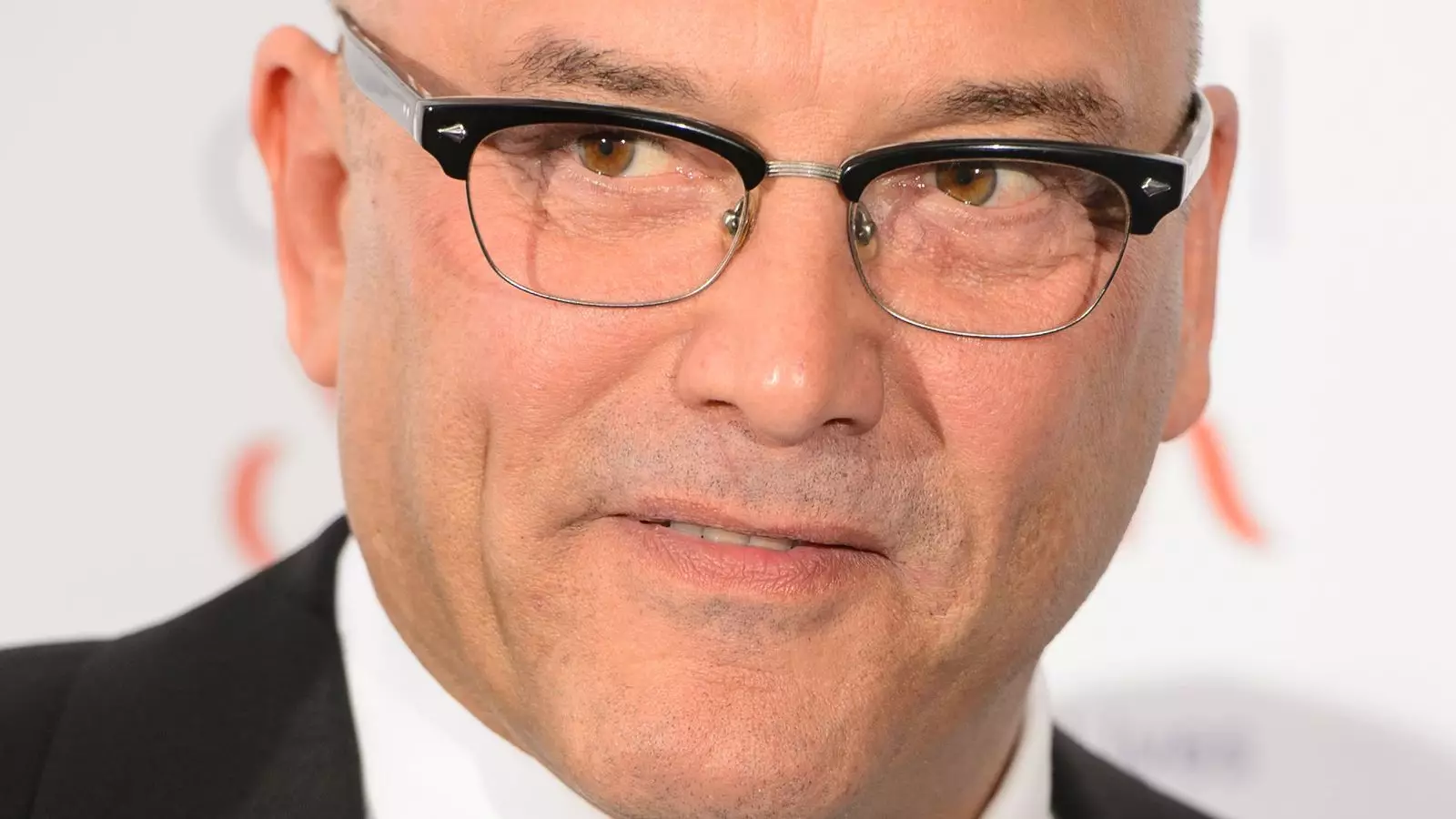In the relentless world of media and entertainment, public figures are often thrust into a brutal arena where every misstep is amplified and scrutinized. Gregg Wallace’s recent revelations about his departure from MasterChef serve as a stark reminder of how quickly a reputation can be dismantled by allegations, regardless of their nuances. The narrative surrounding Wallace’s misconduct charges exemplifies the perilous intersection of personal flaws, misunderstood intentions, and the unforgiving court of public opinion. While some may see his actions as simply social gaffes, others interpret them as indicative of deeper issues, highlighting whether society is too quick to condemn or too slow to seek understanding.
The media’s role in shaping perceptions in such cases cannot be overstated. Allegations, especially concerning sensitive topics like inappropriate behavior, are often presented with a presumption of guilt that leaves little room for innocence or ambiguity. Yet, it is crucial to recognize that allegations are not equivalent to conviction. Wallace’s insistence that he is “not a groper, a sex pest or a flasher” raises questions about the complexity of human behavior—can there be gray areas where intent and perception diverge? The public rarely minds the nuances; their judgments are swift, often fueled by sensational headlines and moral outrage. This dichotomy underscores a fundamental issue — do societal standards become more humane and understanding, or do they become increasingly punitive?
The Danger of Oversimplification in Moral Judgments
The case of Gregg Wallace also draws attention to how easily public figures are demonized when accused, regardless of the certainty of the allegations. His comparisons to figures like Jimmy Savile — notorious for heinous crimes — are hyperbolic, yet they reveal how accusations create a narrative of guilt that lingers. The risk here is the erosion of justice and fairness, where the court of public opinion turns into an arena of guilt without proper evidence. Wallace’s acknowledgment of past inappropriate conduct, and his attempt to contextualize it as behavior rooted in a jovial, rough environment, appears to be a way of humanizing himself amid widespread condemnation.
However, one must critically question whether defending oneself against allegations with explanations rooted in personal traits such as autism or a background in a “crude” environment truly absolves or justifies the conduct. Psychological explanations should not be used to diminish accountability; instead, they ought to foster a more nuanced view that recognizes the diversity of human experiences while maintaining standards of respect and consent. Society must strike a careful balance—embracing accountability without losing sight of compassion. It’s a delicate art that is often neglected in the fervor of scandalmongering.
The Political and Social Implications of Reputation Warfare
This incident exemplifies how gender, power, and societal expectations collide, which is particularly revealing for those of us invested in inclusive and equitable social progress. The fallout surrounding Wallace and Torode hints at a broader cultural reckoning—a demand for accountability and transparency that sometimes veers into overreach. As a society anchored in liberal values, we must scrutinize these proceedings to ensure they foster genuine justice rather than vengeance. The rush to condemn, often based on limited information, risks undermining the very foundations of fairness and due process that are essential in a fair democratic society.
Moreover, the impact on families and careers reveals the human cost of such controversies. Wallace’s emotional tearfulness and fears about public shaming underline how damaging reputation destruction can be for individuals who have shown genuine remorse. Society, historically, has struggled with forgiving and rehabilitating those who stumble morally, especially in an era where social media magnifies every misstep. Our challenge is to recognize that everyone—public figures included—deserves a chance at redemption, provided they acknowledge wrongs and demonstrate a commitment to change.
Engaging critically with these allegations, rather than blindly accepting or rejecting them, is vital. As citizens, our role is to advocate for a justice system that prioritizes evidence and fairness. For the media, it is about responsible reporting—understanding that behind each headline is a complex human story deserving of careful thought and compassion. The societal appetite for moral purity must be tempered with a recognition that human beings are inherently imperfect and capable of growth, redemption, and understanding.


Leave a Reply